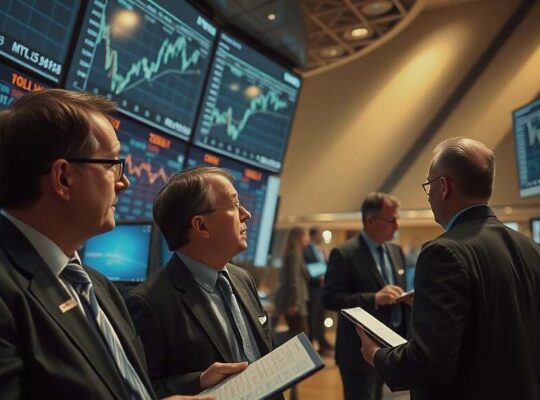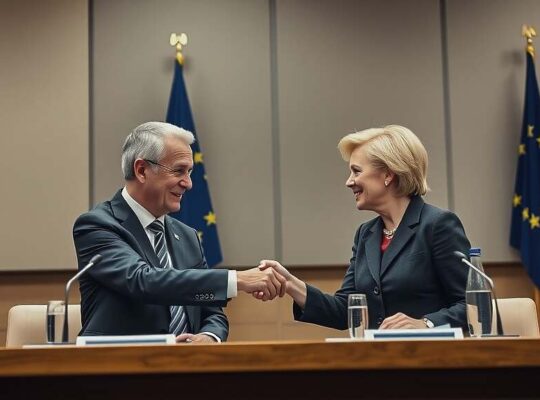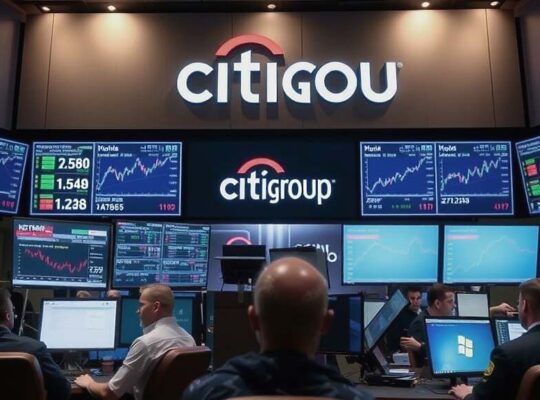A seismic shift is poised to reshape Germany’s advertising landscape, driven by the accelerating integration of artificial intelligence. Leading figures within the Association of German Markenverband (OWM), a prominent industry body representing 110 major advertisers, are warning of profound changes to how brands reach consumers, particularly as search behavior undergoes a dramatic evolution.
Maike Abel, OWM’s chairwoman and Digital & Corporate Marketing Director at Nestlé Germany, highlighted the urgency of adapting to a future where AI systems like Perplexity and Pilot could eclipse traditional search engines like Google. “We must proactively explore new pathways to ensure discoverability within AI-driven ecosystems” she stated. Her remarks suggest a critical juncture for advertisers, forcing a strategic re-evaluation of current marketing approaches.
The potential for OpenAI, the AI powerhouse behind ChatGPT, to introduce an advertising-supported version of its flagship product is also generating considerable anticipation. Abel anticipates this development will occur relatively soon and that OpenAI will actively engage with OWM member companies to explore partnerships and advertising opportunities.
Kristina Bulle, OWM Vice Chairwoman and Procter & Gamble’s CMO for DACH (Germany, Austria and Switzerland), echoed Abel’s warning about the changing search landscape. However, she also cautioned about the long-term implications for brand building, conceding that the full scope of AI’s impact remains largely unknown. “We collectively lack a comprehensive understanding of how AI will influence both immediate and enduring brand equity” Bulle noted.
Currently, the deployment of AI in German advertising appears largely focused on augmenting creative processes, as Abel described, with applications like generating digital twins of products for varying visual contexts. However, a crucial ethical consideration is emerging: concerns are preventing the realistic simulation of human figures, voices, or animals, driven by anxieties over potential accidental resemblance to existing individuals – a sign of mounting legal and reputational risk awareness.
Representing a staggering €10 billion in advertising investment, the OWM’s pronouncements underscore the magnitude of the challenge and opportunity facing the industry. The organization’s commitment to “responsible marketing” will be pivotal as the industry navigates the complex legal, ethical and competitive terrain defined by the rise of AI. The coming months will likely witness intense lobbying and strategic maneuvering as Germany’s advertising sector grapples with this disruptive technology and redefines its relationship with the consumers of tomorrow.












